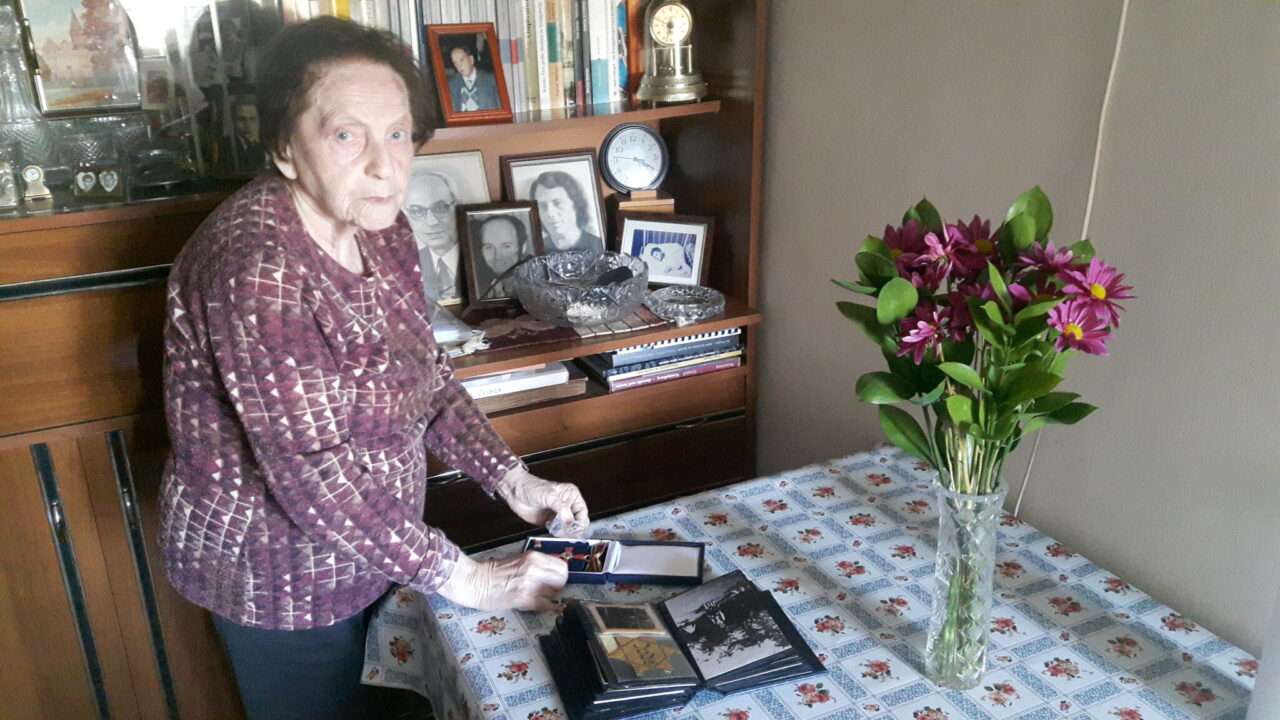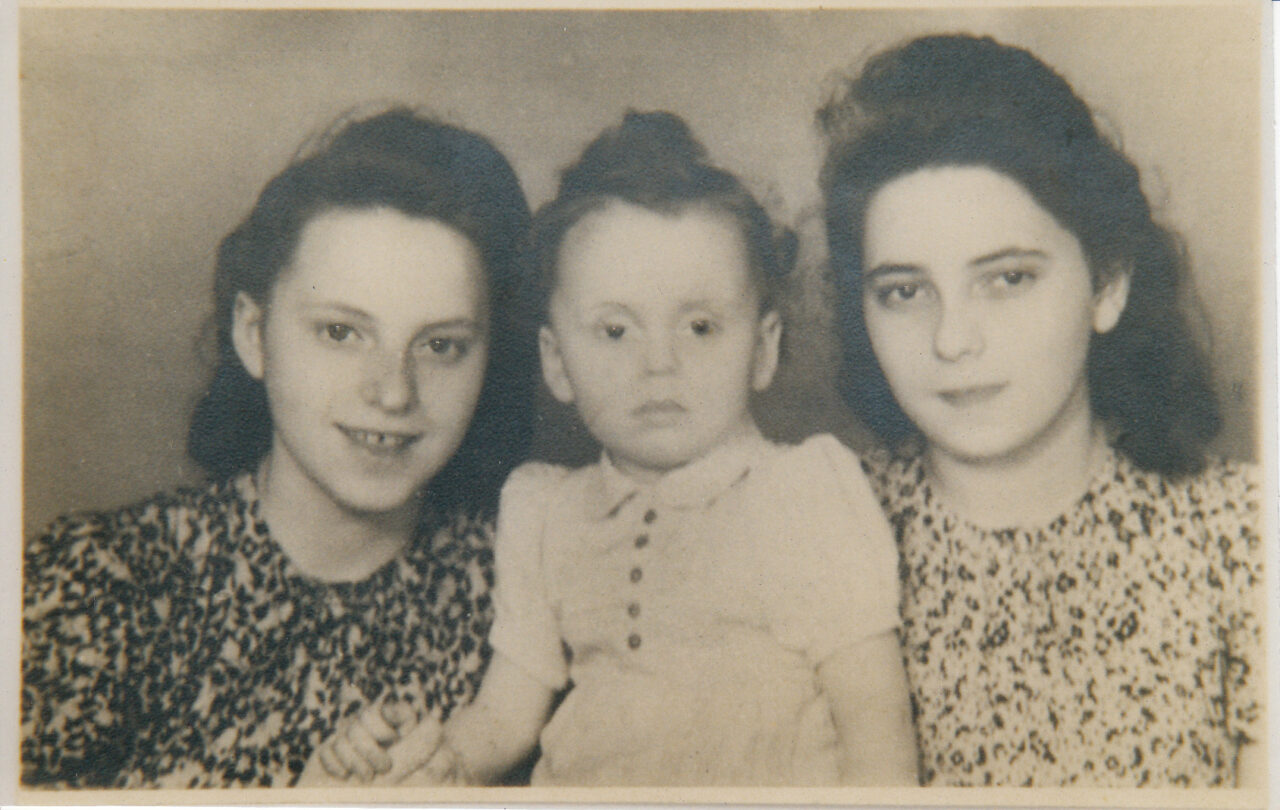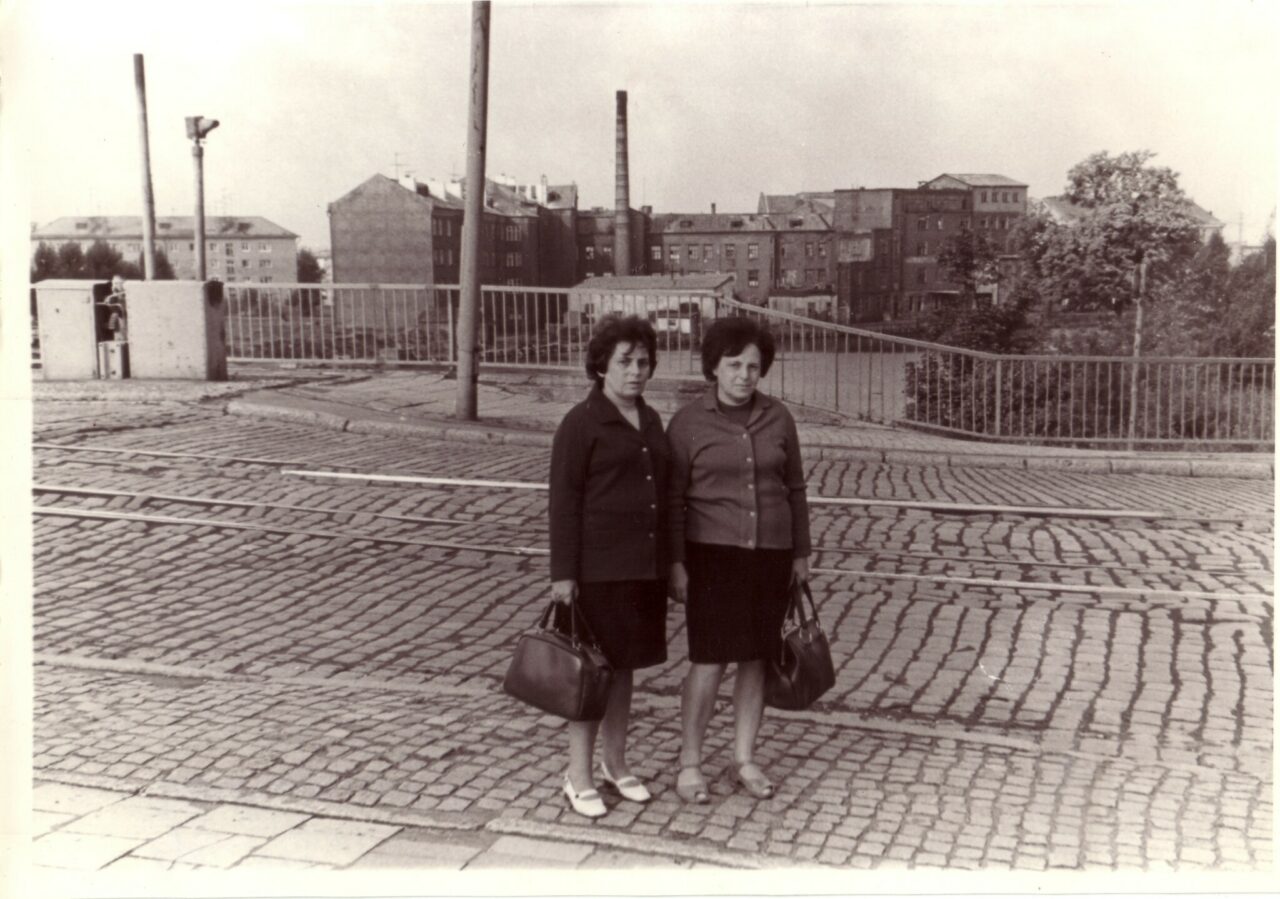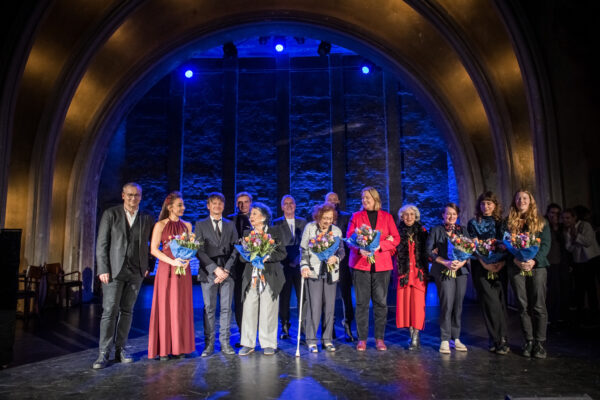“Königsberg is my home and always will be – even though the city is now called ‘Kaliningrad’ and is now part of Russia,” is how Nechama Drober begins her autobiography. She, who was born on 17 August 1927 as Hella Markowsky am Pregel. Now, on August 9, one week before her 96th birthday, the last Jewish contemporary witness of the capital of East Prussia has died. Königsberg was and remained the cosmos of her soul, her thoughts and memories. Nechama Drober can be considered the memory of this erased world.
Hella Markowsky experienced exclusion after the National Socialists came to power in 1933. She was an eyewitness to the November terror of 1938 and saw the New Synagogue, where her school was located at the time, in flames. In 1939 she was given the compulsory name »Sara«, and from 1941 she had to bear the yellow star. After the closure of the Jewish school in the spring of 1942, she was forced to work ten hours a day. On June 24, 1942, she witnessed the first deportation of Königsberg Jews, including relatives and friends, classmates and teachers. It was not until the 2000s that Ms. Drober learned that the transport to Minsk had gone to her death. In the summer of 1944, she survived the Anglo-American bombings that reduced the center of her hometown to rubble. She fled Königsberg from her own deportation at the end of January 1945 – in the hope that the advancing Red Army would be her saviour. But the family narrowly escapes being shot, and the father is transported to Siberia. After the conquest of East Prussia by the Soviets, the Red Terror affects the entire remaining population, including the survivors of the Nazi regime. In addition, there are tens of thousands of epidemics and starvation deaths, to which her brother Denny, her mother and grandparents fall victim. Hella and her sister Rita left the ghost town of Königsberg in April 1946 and made their way to Kaunas, Lithuania. From then on, Hella was called »Nechama«, met her husband and moved with him to his Soviet hometown, Kishinev in Moldova. Rita follows. Their German and Judaism must be concealed by the siblings out of fear. In 1951 and 1954, Nechama Drober’s sons were born, who died in 1989 and 2018. In the summer of 1990, Nechama Drober tried to regain her German citizenship. But her homeland denies her the “right to a homeland”. Instead, she emigrates to Israel, where she is considered Russian and never feels at home.
I met Nechama Drober on March 14, 2008 in Stuttgart, during a visit to her classmate Michael Wieck (1928–2021). Together we published their memoirs in 2012, organized several discussion evenings in Berlin, visited Königsberg, Kishinev and Minsk. There are so many unforgettable moments with Ms. Drober, but I was particularly impressed by the inauguration of a memorial stone on the edge of the former Minsk ghetto on June 24, 2015, when Ms. Drober declared in her East Prussian dialect: “It is a very special day for me and an honor. And today I also speak for the Jews from Königsberg and East Prussia who were murdered by the Nazis in Minsk and elsewhere, and I also speak for all non-Jews from my homeland who did not survive the war and the subsequent famine.” Agnes Miegel (1879–1964), the well-known East Prussian poet, wrote the poem “Farewell” in the summer of 1944. It ends with the sentence: “… and that you, Koenigsberg, are not mortal!” These words, according to Nechama Drober, “are part of my life”. Now it’s time to say goodbye to her – and at the same time preserve the memory of a unique woman, an extraordinary fate and her lost homeland of Königsberg.
by Uwe Neumärker
Cover photo: Minsk (Belarus), June 24, 2015: Nechama Drober in the forest of Blagovshchina, where the deported East Prussian Jews, including relatives and schoolmates, were shot immediately after their arrival on June 26, 1942. © IBB Minsk









